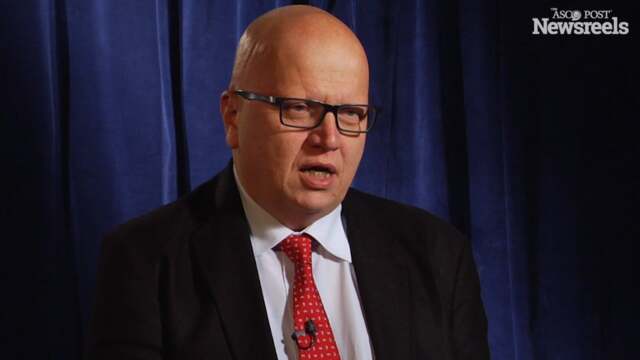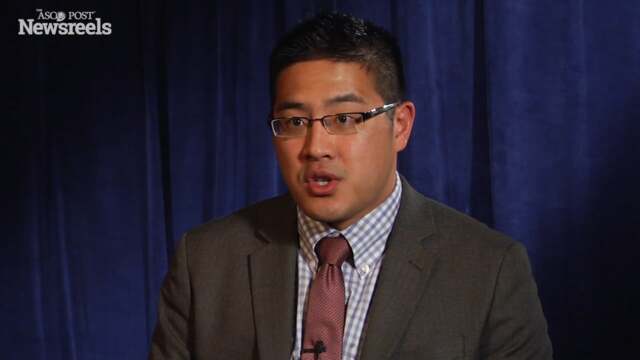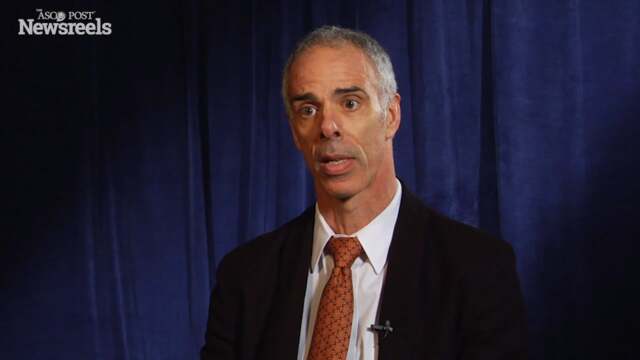Samuel Chao, MD, on Improving the Consistency of Radiation Oncology Processes
2015 ASTRO Annual Meeting
Samuel Chao, MD, of Cleveland Clinic, discusses the QMAP program and data-driven management, which offer ways to improve consistency and drive quality in radiation oncology departments (Abstract 39).
Vratislav Strnad, MD, PhD
Vratislav Strnad, MD, PhD, of the University Hospital in Erlangen, discusses results from a European study comparing accelerated partial-breast irradiation using brachytherapy, to the standard treatment of whole-breast irradiation for women with low-risk breast cancer (Abstract LBA7).
Bruce Minsky, MD
ASTRO President Bruce Minsky, MD, of MD Anderson Cancer Center, talks about the goals and highlights of this year’s ASTRO Annual Meeting.
Anita Mahajan, MD
Anita Mahajan, MD, of MD Anderson Cancer Center, summarizes results from three clinical trials on radiation therapy for ependymoma, locally advanced thoracic esophageal squamous cell carcinoma, and meningioma (Abstracts 31, 1, 7).
Stephen G. Chun, MD
Stephen G. Chun, MD, of MD Anderson Cancer Center, discusses the comparison of 3D conformal and IMRT outcomes for locally advanced non-small cell lung cancer (Abstract 2).
Anthony Zietman, MD
Anthony Zietman, MD, of Massachusetts General Hospital, discusses the practice-changing results from a study comparing fractionation schedules in patients with low-risk prostate cancer (Abstract LBA6).





